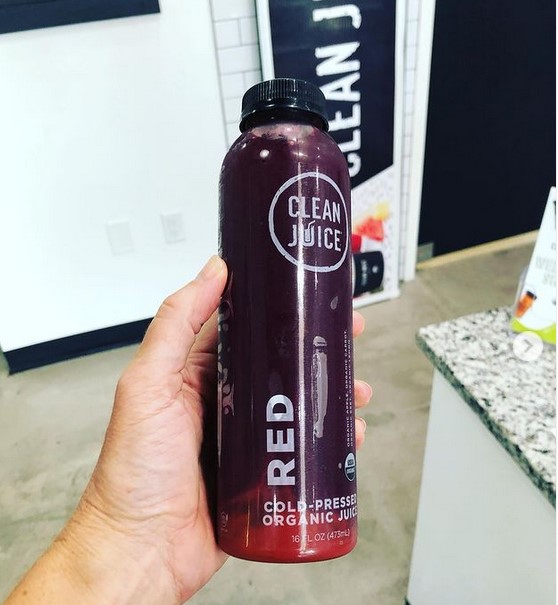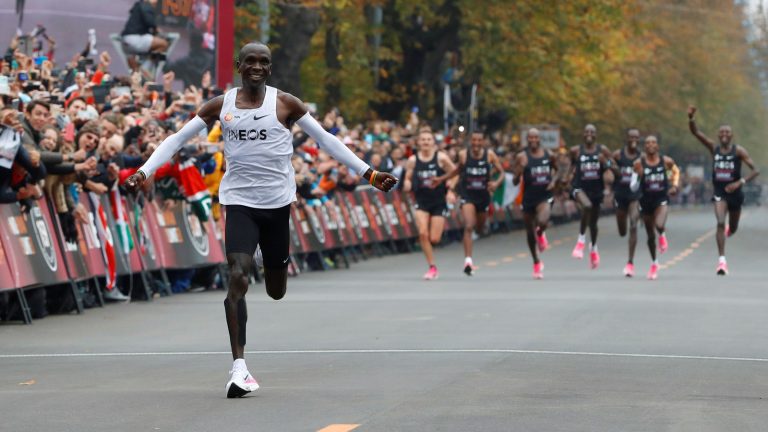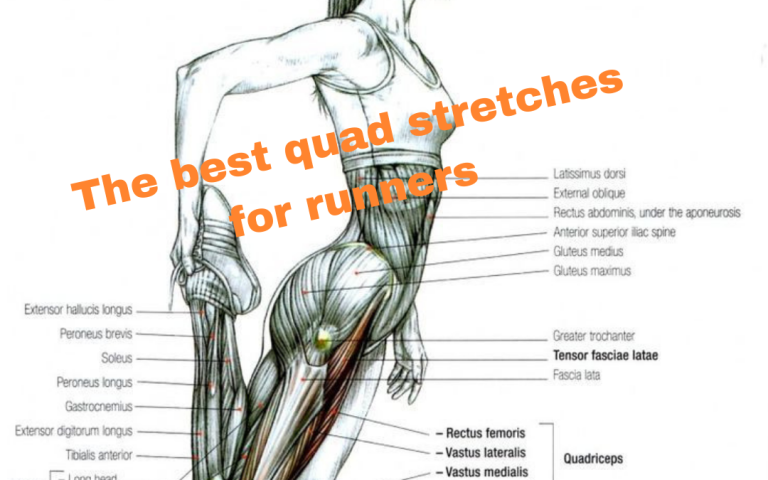Beet Juice For Runners
Beet juice can improve athletic performance and endurance for runners, thanks to its nitrate content. Research suggests that beet juice helps enhance oxygen utilization and exercise tolerance in runners.
Rich in antioxidants and anti-inflammatory compounds, beet juice may also aid in post-run recovery and muscle soreness. Including beet juice in your pre-run routine could potentially boost your overall performance and recovery process. So, if you’re looking to take your running game to the next level, consider adding beet juice to your training regimen.

Credit: www.runnersworld.com
Benefits Of Beet Juice
Beet juice is a powerful natural supplement that has gained popularity among runners due to its remarkable benefits. It is rich in essential nutrients and compounds that can significantly enhance athletic performance. Incorporating beet juice into a runner’s diet can yield numerous advantages, ultimately contributing to improved endurance and enhanced oxygenation during physical activity.
Improved Endurance
Beet juice is known for its ability to boost endurance levels among runners. The high nitrate content in beets is converted into nitric oxide in the body, which helps improve blood flow to the muscles. This increased blood flow can lead to enhanced stamina and endurance, allowing runners to push themselves further and perform at a higher level for longer periods.
Enhanced Oxygenation
One of the key benefits of beet juice for runners is its ability to enhance oxygenation during exercise. The nitric oxide produced from the nitrates in beet juice helps widen blood vessels, leading to improved oxygen delivery to the muscles. This can result in reduced fatigue and increased energy levels, allowing runners to sustain their performance for extended durations.
How Beet Juice Works
`Beet juice is a popular supplement among runners for its ability to enhance performance and recovery. Understanding ‘How Beet Juice Works’ can provide valuable insights into its benefits for runners`.
`nitric Oxide Production`
`Beet juice is rich in nitrates that the body converts to nitric oxide, a vasodilator that widens blood vessels`.
`increased Blood Flow`
`The increased nitric oxide levels from beet juice lead to improved blood flow, delivering more oxygen and nutrients to muscles.`
Best Time To Consume Beet Juice
Beet juice has gained popularity among runners for its potential performance-enhancing benefits. One key aspect of maximizing the effects of beet juice is knowing the best time to consume it. Different timings can offer varying advantages to runners. Understanding when to drink beet juice can help runners optimize their workouts and races.
Pre-workout
Drinking beet juice before your workout can help boost endurance and enhance performance. Aim to consume beet juice approximately 1-2 hours before your run to allow enough time for the nitrates in beet juice to be converted into nitric oxide, which helps improve oxygen utilization in muscles.
During Workout
For those longer runs or intense training sessions, drinking beet juice during your workout can provide a quick and natural source of energy. Consider carrying a small bottle of beet juice with you to sip on throughout your run for a potential performance boost.

Credit: ylmsportscience.com
Preparing Beet Juice
Preparing beet juice is a simple yet crucial step to ensure that runners can maximize the benefits of this powerful natural supplement. From choosing the right beets to juicing techniques, understanding the proper preparation process can make a significant difference in the effectiveness of beet juice for runners.
Choosing The Right Beets
When preparing beet juice, it’s essential to select fresh, firm beets that are free of bruises and soft spots. The best beets for juicing are usually small to medium in size, as they tend to be sweeter and juicier. Look for beets with vibrant, deep color and smooth skin, indicating freshness and optimal nutritional content. Organic beets are preferable to avoid pesticide residues.
Juicing Techniques
Once the right beets have been chosen, the next step is to prepare them for juicing. Begin by washing the beets thoroughly to remove any dirt and debris. Trim off the leafy tops and the root ends, leaving just the bulbous part for juicing. To extract the maximum amount of juice, it’s recommended to peel the beets before juicing them. Cutting the beets into smaller pieces can make the juicing process easier and more efficient.
Incorporating Beet Juice Into Your Routine
Beet juice has gained popularity among runners due to its potential benefits in enhancing performance and aiding in recovery. If you’re considering incorporating beet juice into your routine, it’s important to understand how to make the most of this powerful beverage. In this article, we will explore recipes and variations, as well as the recommended frequency of consumption for optimal results.
Recipes And Variations
There are various ways to enjoy the benefits of beet juice. Here are a few popular recipes and variations to try:
- Simple Beet Juice: For a quick and easy option, blend together 1 beetroot, 1 apple, and 1 cup of water. Strain the mixture and drink it fresh.
- Beet-Berry Blend: Combine 1 beetroot, 1 cup of mixed berries, and a splash of orange juice. Blend until smooth and enjoy a burst of fruity flavors.
- Beet-Apple-Carrot Combo: Create a refreshing blend by mixing 1 beetroot, 1 apple, and 1 carrot. Add a squeeze of lemon juice for an extra zing.
Feel free to get creative with your ingredients and experiment with different flavors. The key is to find a combination that suits your taste buds while harnessing the benefits of beet juice.
Frequency Of Consumption
When it comes to consuming beet juice, moderation is key. Aim to include it in your routine without overdoing it. Most experts suggest consuming beet juice 1-2 hours before exercise to enhance performance. It is recommended to start with a small amount, such as 4-6 ounces, and gradually increase the quantity if desired.
If you’re incorporating beet juice for recovery purposes, it is best to consume it within 30 minutes to an hour after your workout. This timing helps to replenish glycogen stores and aids in muscle repair.
However, it’s important to listen to your body and adjust your consumption based on how it responds. Some individuals may experience gastrointestinal discomfort or a reddish discoloration of urine and stool. If you notice any adverse effects, it’s best to seek advice from a healthcare professional.
By incorporating beet juice into your routine, you can potentially enhance your running performance and aid in recovery. With a variety of recipes and variations available, you can easily find a delicious combination that suits your preferences. Just remember to consume beet juice in moderation and pay attention to your body’s response. Cheers to a beet-iful and energized running journey!

Credit: m.youtube.com
Frequently Asked Questions Of Beet Juice For Runners
Can Beet Juice Improve Running Performance?
Yes, beet juice has been shown to improve running performance by increasing oxygen efficiency and reducing fatigue.
How Does Beet Juice Benefit Runners?
Beet juice benefits runners by increasing nitric oxide levels, improving endurance, and enhancing muscle oxygenation during exercise.
When Is The Best Time To Consume Beet Juice For Running?
It is recommended to consume beet juice 2-3 hours before running for optimal performance benefits.
Conclusion
Incorporating beet juice into your running routine can provide valuable benefits. From enhancing endurance to improving oxygen utilization, the potential advantages are noteworthy. As you explore implementing beet juice, remember that individual responses may vary. To fully benefit from its impact, consider consulting with a healthcare professional or a nutritionist.
Embrace the potential boost beet juice can offer your running performance.







